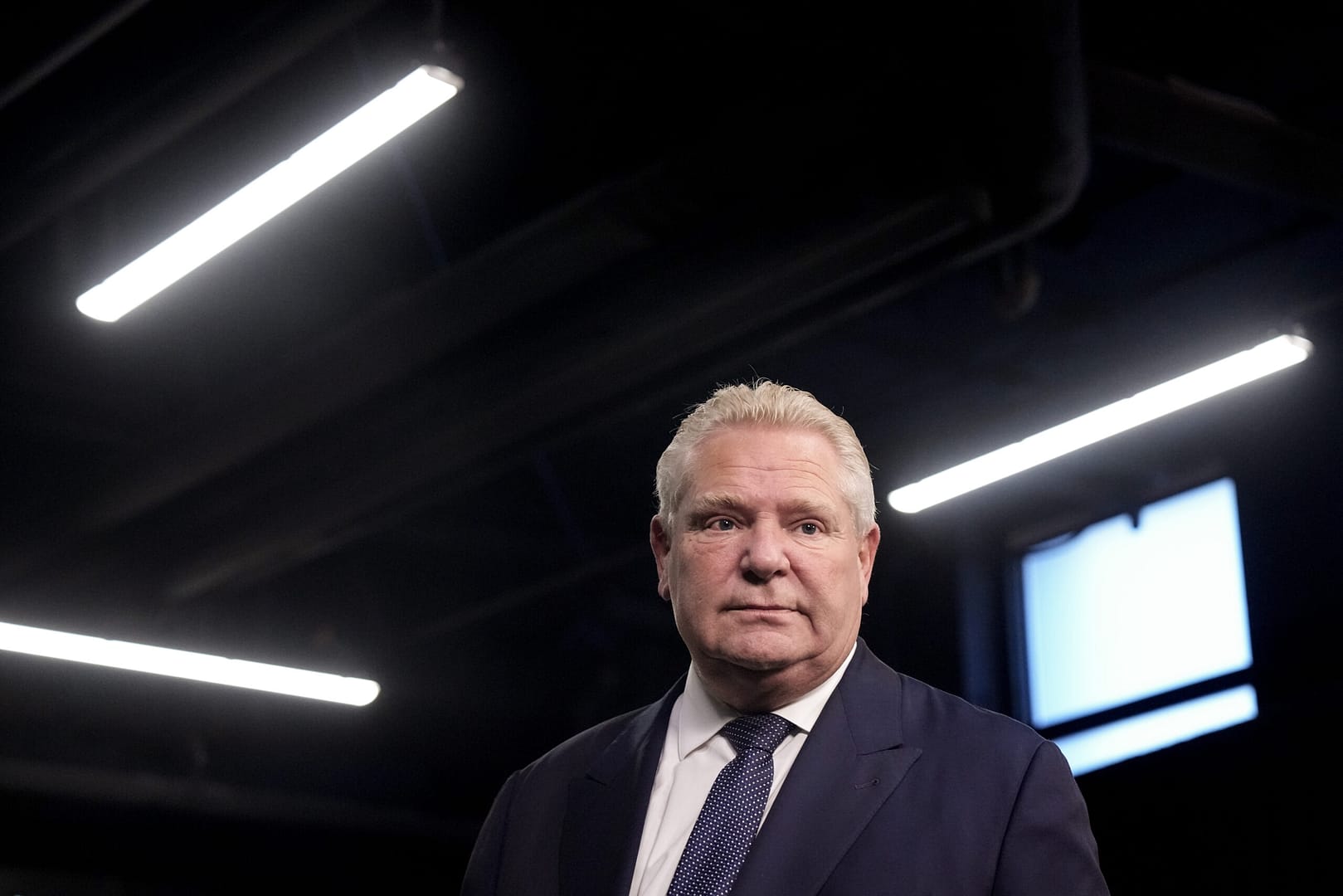This weekend, U.S. Treasury Secretary Scott Bessent and chief trade mediator Jamieson Greer may meet in Switzerland for discussions that could provide the first step in the direction of ending a trade war that is stumbling upon the world market. U.S. equity index futures rose as a result of the first reports of the anticipated Geneva meeting released by Washington later on Tuesday. During Wednesday’s Eastern trading, the investment industry in China and Hong Kong followed suit. The speaks come after months of rising conflicts, which have seen import duties between the country’s two largest economy soar far above 100 %, similar to what Bessent on Tuesday described as a trade sanctions. The deadlock has shook supply chains, suffocated financial markets, and sparked fears of a sharp decline in global growth, along with U.S. President Donald Trump’s selection last month to impose broad duties on lots of other nations. According to two publications with knowledge of the planning, the negotiating team convening in Switzerland, which is known for its independence, are expected to talk about reducing the broader tariffs. One of the options added that the discussions should also include deliberations on certain items, trade settings, and Trump’s decision to end de minimis exemptions for low-value goods. A sent request for comment was not instantly received by China’s State Council. Trump maintains 145 % of Chinese tariffs, but says potential reductions will depend on Beijing’s actions.” My feeling is this will be about de-escalation,” Bessent told Fox News following the announcement. A representative from the Chinese banking government later confirmed that China had agreed to meet the U.S. ambassadors.” We’ve got to de-escalate before we can move ahead. China has decided to re-engage the U.S., the spokesperson said, citing a phrase that says” action speaks louder than words…. China has thoroughly considered international expectations, China’s hobbies, and the appeals of U.S. industry and consumers. This is the first time senior Chinese and American officers have met since Steve Daines, the president of the United States, met Premier Li Qiang in Beijing in March. As the tensions with Washington have risen, Beijing has generally adopted a fiery rhetoric, with frequently a promise to not engage in discussions unless the U.S. withdraws its tariffs. However, China’s business government on Friday announced it was “evaluating” an provide from Washington to keep talks. China’s foreign government spokeswoman Lin Jian said Beijing’s “position of strongly opposing U.S. abuse of tariffs has not changed” during a daily press conference on Wednesday. The huge factory sector in China is already in higher demand due to the high tariff burdens placed on the country’s economy. Investment banks Nomura warned that the trade war may charge China up to 16 million jobs, while some analysts have downgraded their 2025 monetary development forecast for the Eastern giant. On Wednesday, the central bank of China announced new monetary stimulus, steep rate reductions, and a cash injection into the banking system to counteract the duties ‘ effects on the economy.
Researchers described the action as military and measured. According to Christopher Beddor, assistant China research director at Gavekal Dragonomics,” there’s almost certainly even an element of signaling to the U.S. state ahead of the future meeting.”
The information is that Chinese officials are not in a panic or trying to halt economic growth, and they won’t become negotiating from a weak point. Since the chairman announced a 10 % tax on most countries on April 2, along with higher tax rates that will start effective on July 9, barring independent trade agreements, U.S. leaders have held a burst of conferences with trading partners. Trump has also imposed 25 % tariffs on cars, steel, and aluminum, 25 % on Canada and Mexico, and 14 % on China, with additional duties anticipated for pharmaceuticals in the upcoming weeks. In response to the sex-assault case, China increased its tariffs on U.S. items to 125 %, with the announcement coming on Wednesday. Measures are also being prepared by the European Union. Although the discussions on Saturday are intended to ease tensions, it is still unclear how significant they could be, according to Bo Zhengyuan, companion at Shanghai-based coverage consultancy Plenum. The key is whether both sides may agree on the level and scope of tariff rollbacks as well as on follow-up discussions, according to Bo.” For more extensive political negotiations to become feasible, tariffs would need to be lowered second. As growth momentum continues ahead of Trump tariffs, Boschent told Fox News that the two sides would discuss “what to talk about” during their meeting on Saturday .2: 28China’s Q1 GDP tops estimates at 5.4 %. And 145 to 125 percent is the same as an embargo. We are not interested in separating. Trump and his trade team have received mixed signals regarding progress in discussions with major trading partners who are rushing to ratify agreements with Washington and avoid paying high import taxes on their goods. Prior to this week, Bessent told lawmakers earlier in the day that the Trump administration was in talks with 17 of its major trading partners and that it would make trade announcements with some of them as soon as this week. Trump and Canadian Prime Minister Mark Carney met with reporters before agreeing to review potential trade agreements over the course of the next two weeks to decide which ones to accept. According to a British official, the United States and Britain have made progress toward a trade agreement, while Bessent has claimed that Indonesia and many other nations have made good offers to lower tariffs and non-tariff barriers, such as subsidies. Trump’s policies on tariffs, which he claims are intended to close a portion of the U.S. trade deficit, have so far had the opposite effect, with businesses rushing to import goods ahead of the levies, which he claims are aimed at closing the gap. Notably, however, has the U.S. trade deficit with China dramatically decreased as sluggish Chinese imports are severely affected by Trump’s harsh levies. Andrea Shalal, Steve Holland, and David Ljungren are reported in Washington, David Lawder in Chicago, Jarrett Renshaw in Philadelphia, Laurie Chen, Liz Lee and Joe Cash in Beijing, and Catarina Demony in London.


